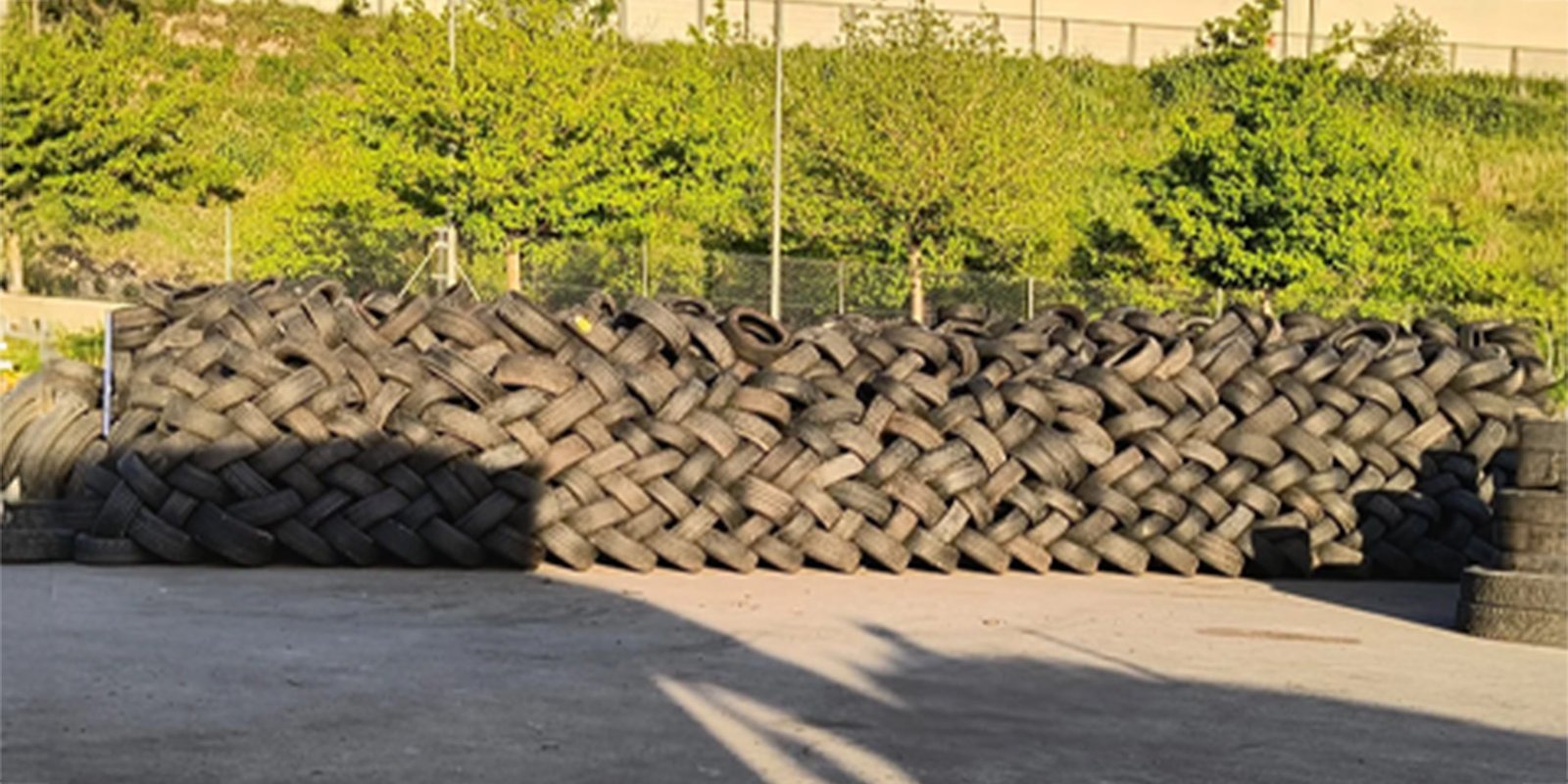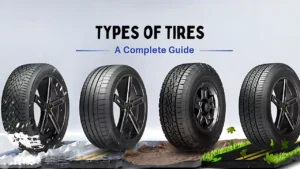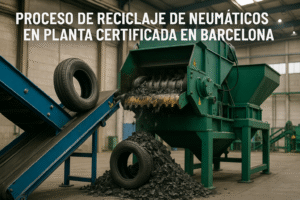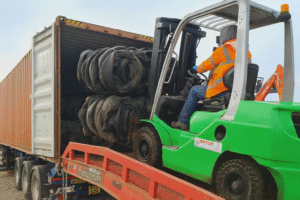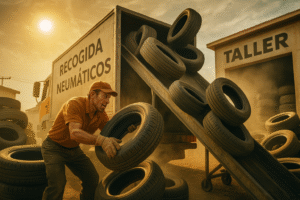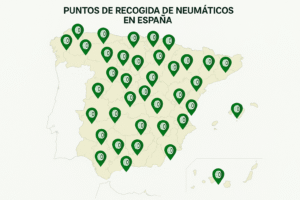Recycled Tyres for Dealers: A Growing Sustainable Business
In today’s world, recycling plays a central role in environmental protection, and tire recycling is crucial to this mission. As our dependence on vehicles increases, so does the number of discarded tires—calling for effective recycling solutions. Spain, committed to sustainability, is emerging as a leader in the tire recycling industry. Thanks to innovative technologies and efficient practices, we can turn this waste into valuable resources.
The Circular Economy Starts with Tires
Tire recycling not only eases the burden on landfills but also powers the circular economy. Used tires can be transformed into valuable products like shredded rubber, asphalt, and alternative fuel—showing that what was once waste is now a resource.
One of the main environmental advantages of tire recycling in Spain is that it reduces the need for raw material extraction and cuts greenhouse gas emissions.
How Does Tire Recycling Work?
Understanding the process is essential for both consumers and businesses:
- Collection: Used tires are collected from workshops, recycling centers, and landfills.
- Shredding: Tires are broken down into smaller pieces.
- Separation: Steel, rubber, and textile fibers are separated.
- Granulation: Rubber is processed into reusable materials for parks, roads, or fuel alternatives.
Environmental and Economic Benefits
Tire recycling not only reduces waste but also creates jobs and boosts the economy. The industry is steadily growing in Spain, offering opportunities in collection, processing, and manufacturing. It’s a clear example of how sustainability and economic development can go hand in hand.
Moreover, local initiatives help foster community awareness around waste management. Educating people about how and why to recycle tires promotes responsible habits and cleaner environments.
What Happens If We Don’t Recycle?
Improperly discarded tires can take decades to decompose, polluting soil and water. Tire piles attract pests and pose high fire risks. Recycling prevents these dangers and helps protect local ecosystems.
A Responsibility for Everyone
If you own a vehicle or work in the auto industry, it’s vital to know your recycling options. Contributing to sustainability is not only a responsibility but a sign of environmental commitment.
Spain serves as a strong example of how tire recycling can succeed as public policy. Investing in innovation, education, and public-private cooperation is key to continued progress.
Conclusion
Tire recycling is an essential service that benefits both the environment and the economy. Spain has made notable progress in this area, but more work lies ahead. As individuals, businesses, and communities, we must continue promoting responsible recycling.
👉 Read more about our service
FAQs
1. What happens to tires after they’re recycled?
They are shredded, separated by material, and turned into reusable products across various sectors.
2. Can I take my tires to any recycling center?
Yes, most centers accept tires, though it’s best to check their conditions and fees.
3. What products are made from recycled tires?
Playground surfaces, asphalt, garden rubber mulch, and even alternative fuels.

